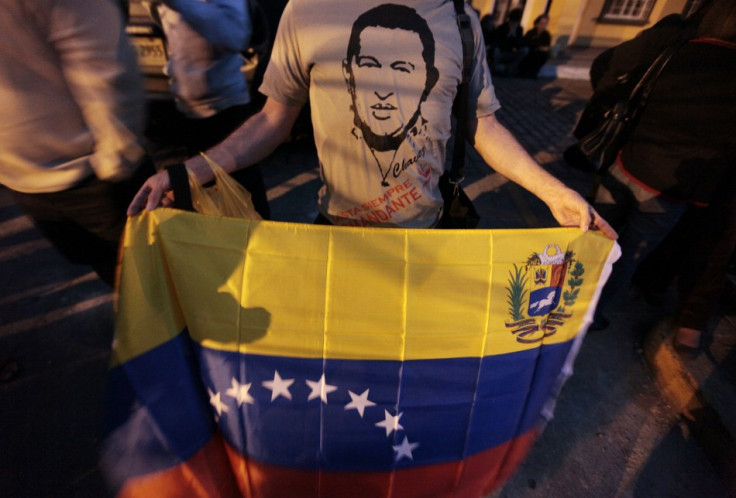Hugo Chavez: How Death of Venezuelan Leader will Affect Oil Industry [BLOG]
Oil policy will not change overnight but Malcolm Graham-Wood details the repercussions on the energy markets.

The death of General Hugo Chavez will have many repercussions around the world - not least in the energy markets.
Oil policy will not change overnight but the temptation to move away from the constraints dictated by Chavez may well prove too much and loosening his shackles would without doubt mean a significant boost to the struggling economy.
Numbers vary but Venezuela produces around 2.3 to 2.5m barrels per day (b/d) and exports a touch below 1m b/d to the US.
Recent figures show that that figure may be falling. In february, it was nearer to 600,000 b/d.
Compare this to its peak output of 3.5m b/d and you can see the impact Chavez had on the industry. With deterioration of facilities and the loss of so many trained personnel even with a change in policy nothing will happen in a hurry.
Relationships created by Chavez and those hastily discontinued may be altered if at any stage the political scene ever becomes more open to loosening up of the oil industry position. Those oil majors who stayed in the country such as Total, Repsol, Chevron and Eni would be best placed to gain and Shell and Exxon would be able to use their in-country expertise again.
If you add to this CNPC and Gazprom the foundations are certainly there to resurrect the industry in the country.
Next, you need the political will. The influence of the Chinese cannot be underestimated in Venezuela, nor Russia, which, with its massive loans and cheap supply of goods to the previous regime, would want its influence to remain high.
What might this mean for oil price?
In the short term little or no difference. There has been no disruption to supplies as far as I can see and there will be no immediate policy change.
As for the longer term it may be that the passing of Chavez may mean that a fundamental change in oil policy could be considered, albeit reluctantly. The legacy of his rule will be hard to break. Either way the country will not be a price setter. That's interesting, as with 300bn barrels Venezuela holds nearly 20 percent of world reserves.
In the short term our own oil price forecasts for 2013 are at the low end of the range. A price of, say, $90 per barrel in the summer as last year would concentrate the mind.
The stark facts facing the country are simple: a serious lack of hard currency and no obvious replacement could make expanding oil production virtually irresistible. With the export market to the US uncertain as it hikes up its own production Venezuela may need to find new markets. Having a group of international majors running the industry may solve that problem to some extent.
Add to that the return of the leading oil service companies would add another option to the redevelopment of the industry.
Malcolm Graham-Wood, analyst at VSA Capital, has over 30 years' experience in the oil and gas sector since starting his career at Wood Mackenzie in 1979. He was an inaugural member of the No 1 Extel-rated James Capel oil and gas team and headed up corporate broking, acting for the government in sales of British Gas, Britoil and other utilities. He became head of equities and main board director at Williams de Broe before moving to Teather & Greenwood. He ran his own consultancy for several years and has been a director at Noble and at Westhouse Securities.
© Copyright IBTimes 2025. All rights reserved.





















